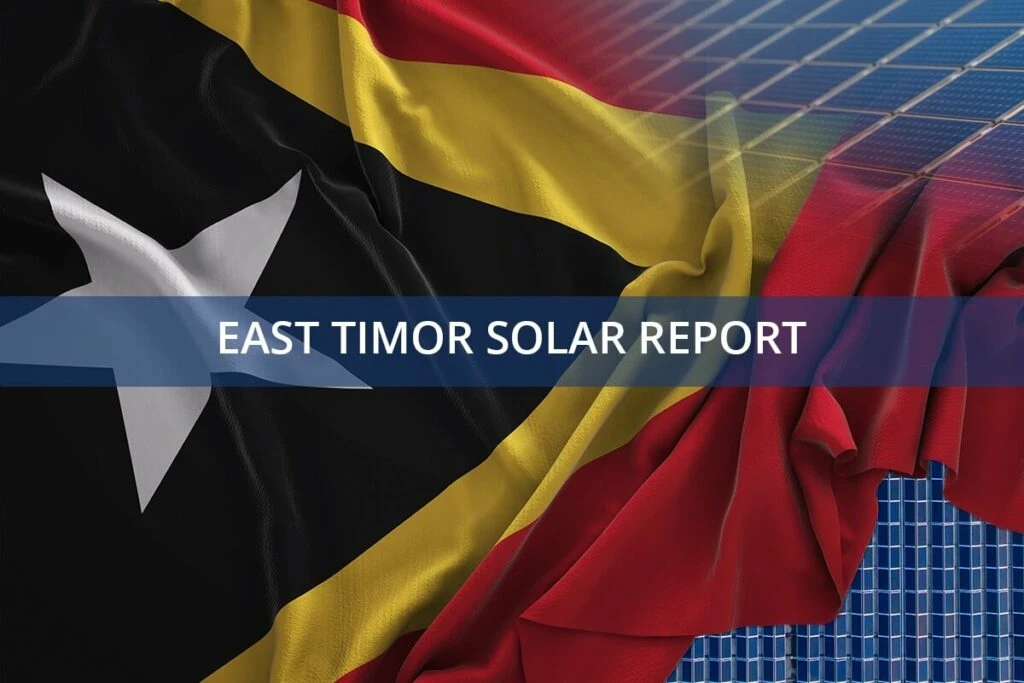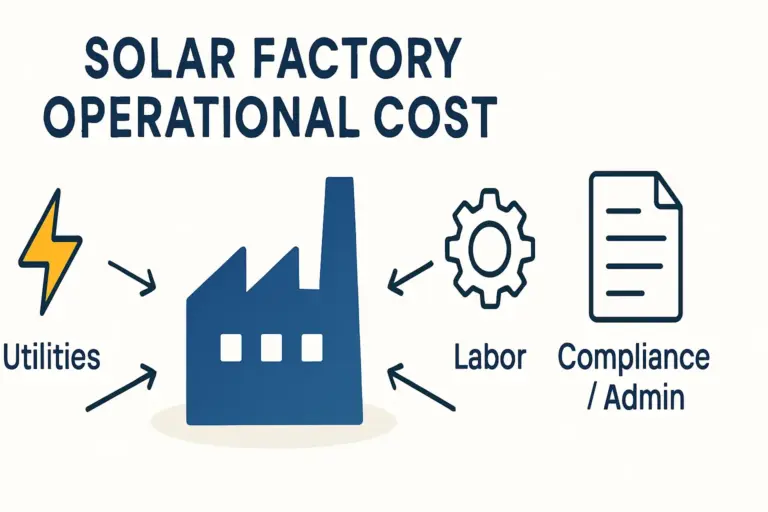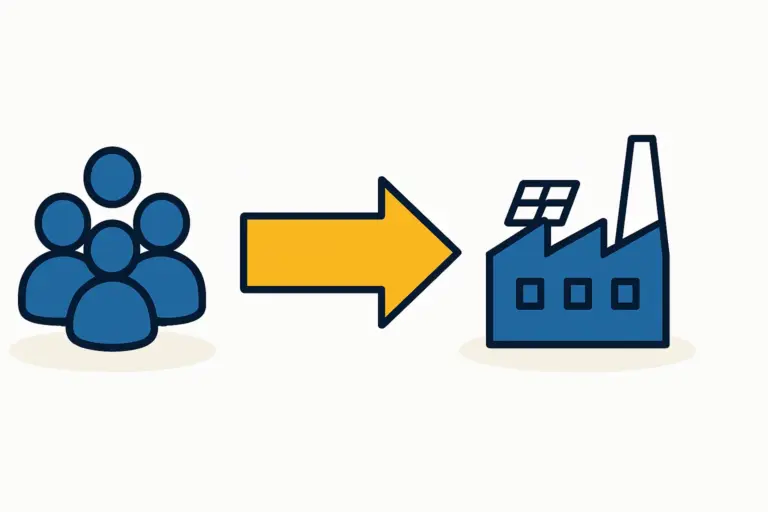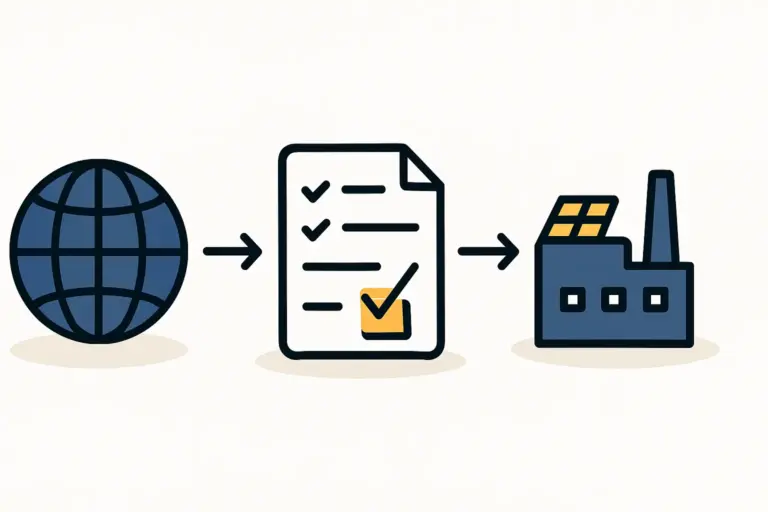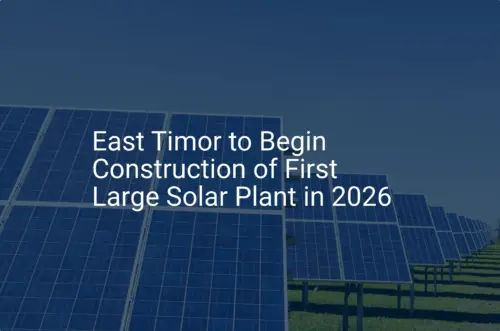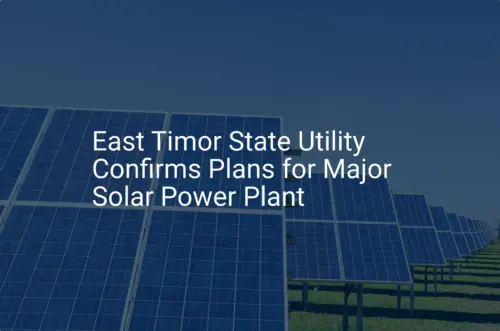Entrepreneurs exploring expansion into the Asia-Pacific manufacturing sector often face a familiar dilemma. Established hubs offer robust infrastructure but come with high operational costs and complex tax laws. Emerging markets, on the other hand, present cost advantages but may lack clear, investor-friendly legal frameworks.
This challenge prompts forward-thinking investors to explore new business opportunities in less-conventional locations that offer a structured and highly incentivized environment. East Timor, officially Timor-Leste, presents just such an opportunity through its Special Economic Zones (SEZs).
For professionals considering a new venture like solar module manufacturing, understanding these zones is about more than just finding tax breaks. It’s about discovering a strategic gateway to regional markets, backed by a government committed to attracting foreign direct investment. This article breaks down the incentives available, the legal framework governing them, and the practical considerations for establishing a manufacturing presence in this developing nation.
What Are Special Economic Zones (SEZs) and Why Do They Matter for Manufacturing?
A Special Economic Zone is a geographically designated area within a country where business and trade laws differ from the rest of the nation. The primary goal of an SEZ is to increase foreign investment, boost trade, and create jobs by offering compelling financial and administrative incentives. For manufacturers, this translates directly into lower startup costs, reduced operational overhead, and simplified bureaucratic processes.
East Timor’s flagship initiative is the ZEESM TL (Zona Especial de Economia Social de Mercado de Timor-Leste), established under Law No. 3/2014. Located in the Oé-Cusse Ambeno region, this zone is designed as a hub for industrial, commercial, and technological activity. Its strategic location offers a logistical advantage for accessing markets in Australia, Indonesia, and Southeast Asia.
For an investor, the existence of a formal SEZ signals a government’s long-term commitment to creating a stable and predictable business environment—a critical factor when evaluating new markets.

The Legal and Financial Framework: A Closer Look at East Timor’s Incentives
The benefits offered within the ZEESM TL are not arbitrary; they are codified in law, providing a clear and reliable foundation for financial planning. These incentives are designed to directly address the primary cost centers and administrative hurdles that new manufacturing operations typically face.
Favorable Tax Regime
One of the most significant advantages for businesses operating within the ZEESM TL is a substantially reduced tax burden. Companies are subject to a corporate income tax rate of just 10%, a considerable reduction from the standard corporate taxes in many other countries in the region, which can often be two to three times higher. This lower rate allows a business to retain more of its profits for reinvestment, accelerating growth and improving the overall return on investment.
Exemptions on Duties and Taxes
Beyond income tax, the ZEESM TL framework provides crucial exemptions on other taxes and duties that directly impact a manufacturer’s bottom line:
-
Customs Duty Exemption: Equipment, machinery, and raw materials imported for the setup and operation of a manufacturing facility are exempt from customs duties. For a capital-intensive project like a solar module plant, this represents a significant reduction in initial capital expenditure.
-
Sales Tax Exemption: Businesses within the zone are exempt from sales tax on qualifying goods and services.
-
Excise Tax Exemption: Certain goods produced or imported into the zone may also be exempt from excise taxes.
These exemptions make establishing a turnkey solar manufacturing line more financially viable by removing major cost barriers before production even begins.
Administrative Simplification through the ‘One-Stop-Shop’
Navigating bureaucracy can be one of the greatest challenges when entering a new market. The ZEESM TL authority addresses this with a centralized “One-Stop-Shop” for all administrative procedures. This service assists investors with everything from company registration and licensing to securing permits and visas. It streamlines the setup process, reducing the time and complexity involved in getting a new factory operational. This simplified process is a key advantage, especially for entrepreneurs who may not have extensive experience in the region.
Practical Considerations for Entrepreneurs and Investors
While the financial incentives are compelling, a successful investment decision requires a holistic view of the operational landscape.
Strategic Location and Market Access
East Timor’s geographical position is an underrated asset. It sits at a crossroads of maritime trade routes connecting Asia and Australia. For manufacturers, this enables efficient supply chain management and access to some of the world’s fastest-growing consumer markets. Export-oriented businesses can leverage this location to serve regional customers with potentially lower shipping costs and lead times compared to more distant manufacturing hubs.
Navigating the Local Landscape
As an emerging economy, East Timor presents both opportunities and challenges. While the government is highly motivated to support foreign investors, infrastructure outside the SEZs is still developing. Entrepreneurs must conduct thorough due diligence on logistics, local supply chains, and workforce availability. A detailed and realistic business plan for a solar module plant is essential for anticipating these factors and building a resilient operation. Experience from J.v.G. turnkey projects in similar emerging markets confirms that early-stage logistical planning is critical to long-term success.
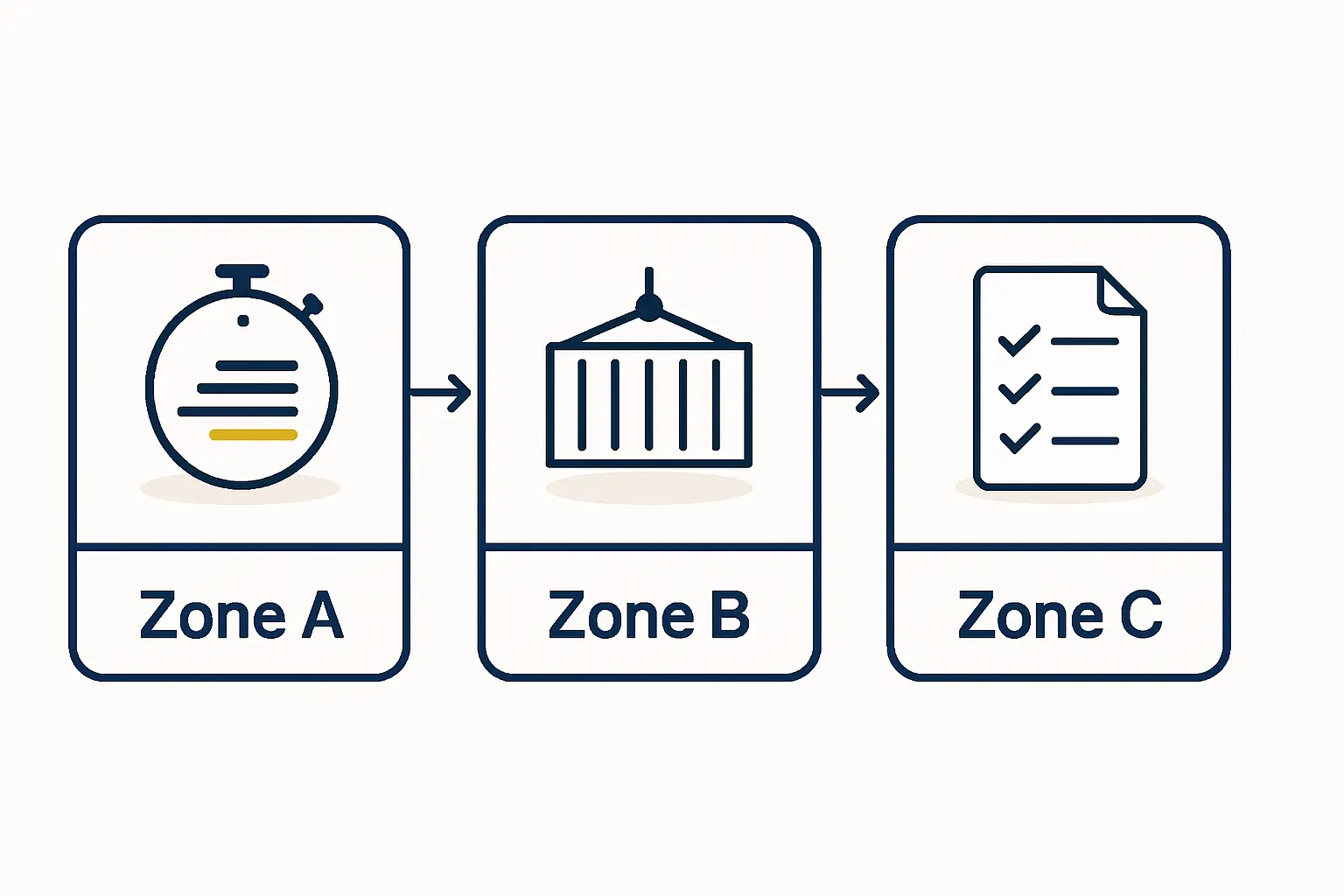
A Case Study Perspective
A past project serves as a compelling case study: an investment group from the Middle East with a background in real estate sought to diversify into renewable energy manufacturing. The group identified the ZEESM TL as a potential site. The combination of the 10% income tax and the exemption on import duties for German-made machinery reduced their projected five-year setup and operational costs by over 15%. This financial advantage, combined with the administrative support from the ‘One-Stop-Shop’, made the project significantly more attractive than comparable options in more established markets.
Frequently Asked Questions (FAQ)
What is the minimum investment required to qualify for these incentives?
While specific thresholds can vary by industry and project scale, the incentives are designed to attract substantive investments that contribute to local employment and economic development. A detailed review of the initial investment requirements for your specific project with the ZEESM TL authority is essential.
Is the legal framework in East Timor stable for foreign investors?
East Timor has made significant strides in establishing political stability and has demonstrated a consistent commitment to attracting foreign direct investment. The creation of the ZEESM TL through formal legislation offers a strong and predictable legal basis for investors.
How long does it take to set up a manufacturing facility in the ZEESM TL?
Timelines can vary based on project complexity. However, the ‘One-Stop-Shop’ is designed to significantly shorten the administrative phase. With proper planning, a small- to medium-scale manufacturing line can become operational within 12 to 18 months of the initial investment decision.
Are there restrictions on repatriating profits?
The legal framework within the ZEESM TL generally allows foreign investors to repatriate profits and capital, subject to compliance with national banking and financial regulations. It is advisable to consult with a local legal and financial expert to understand the specific procedures.
What kind of local labor is available?
East Timor has a young and growing workforce. While specialized technical skills may require initial training and development programs—often supported by the government—there is a readily available pool of labor for manufacturing and assembly roles.

Next Steps in Your Exploration
East Timor’s Special Economic Zones, particularly the ZEESM TL, offer a unique and compelling package of financial incentives, administrative support, and strategic market access. For the discerning entrepreneur, it represents an opportunity to establish a competitive manufacturing base in a region poised for significant growth.
For any investor considering this path, the first step is to develop a foundational understanding of the entire process. Gaining clarity on how to start a solar factory, from market analysis and financial modeling to technology selection and operational planning, is crucial for making an informed decision. Educational resources from platforms like pvknowhow.com are specifically designed to guide business professionals without a technical background through this complex but rewarding journey.

